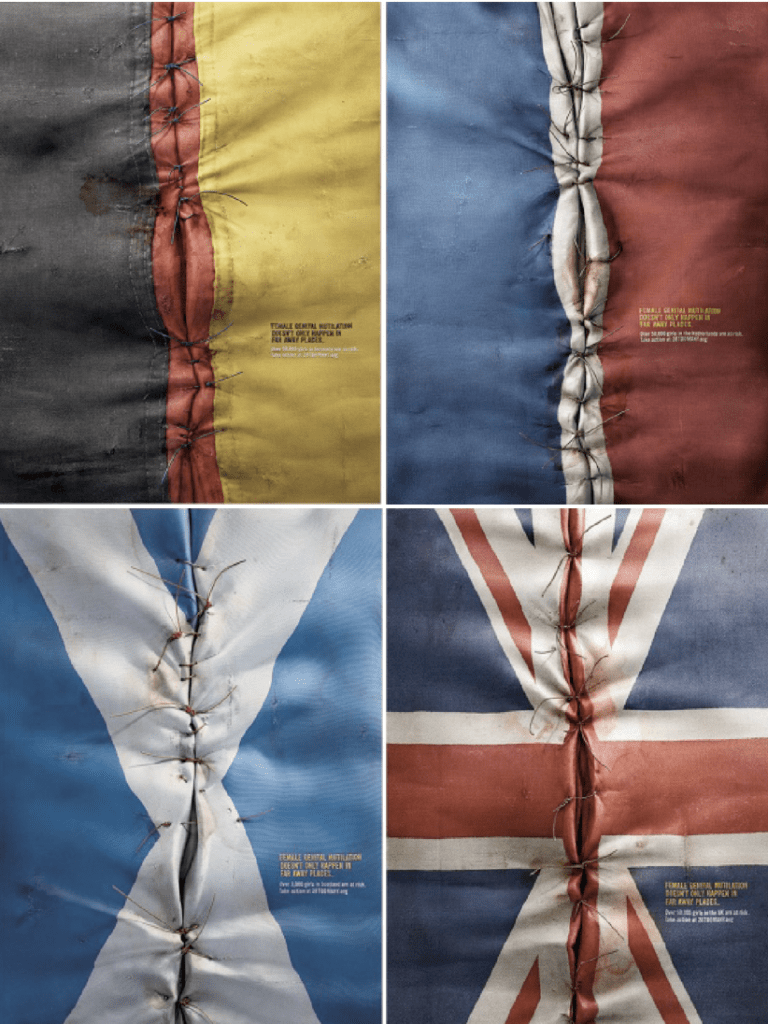
6th February 2020 marked the International Day of Zero Tolerance for FGM. Despite Female genital mutilation being illegal in the European Union, as well as being considered a form of torture by the UN, it is a problem millions of young girls face across the world. Additionally, these numbers are thought to be on the rise, meaning more young, often exceptionally vulnerable, girls are at risk. The dangerous FGM procedures often leads to intense pain, medical complications, and even death for girls as young as 1-2 years old. These are issues that the affected girls carry with them throughout their lives.
Recently in Ireland, a married couple was found guilty and convicted of allowing FGM to be performed on their two year old daughter. This was the first trial and conviction for FGM in Ireland, with the man sentenced to 5 and a half years and the women receiving 4 years and 9 months in prison. This is a fantastic result but, with numbers of girls at risk of FGM in Ireland reported to have increased (and expected to rise further), it is a case that is becoming all too common. FGM remains a hidden problem that often does not face criminal conviction.
It is thought that over 1,600 girls living in Ireland are at risk of FGM, with around 6,000 thought to have already undergone the procedure. These numbers are astonishing but are not uncommon across Europe: it is thought that more than 100,000 girls in the UK have experienced FGM and over 65,000 in Germany. It is clear that despite the EU’s efforts to eliminate FGM across the continent and globally, its effects are still colossal.
Though the Irish government’s legislation enabled the recent convictions, existing laws do not seem to be completely effective in ending FGM. According to the charities ActionAid Ireland and AkiDwa, who are working to eliminate FGM in Ireland, the Irish government needs to do more. To celebrate International Day of Zero Tolerance for FGM, AkiDwa have released a manifesto, a ‘Commitment to Ending FGM’. This commitment calls for a government led National Action Plan, in which more funding and attention is given to anti-FGM programmes and training is provided for local health-care professionals. These actions would include targeting support for communities most affected by FGM.
It is important to remember that FGM is a global issue, one that needs more funding, support, and awareness world-wide. It is a cruel procedure that affects huge numbers of girls and it is happening much closer to home than you may expect.
-Phoebe Cawley
Junior Girl
Girl Museum Inc.
